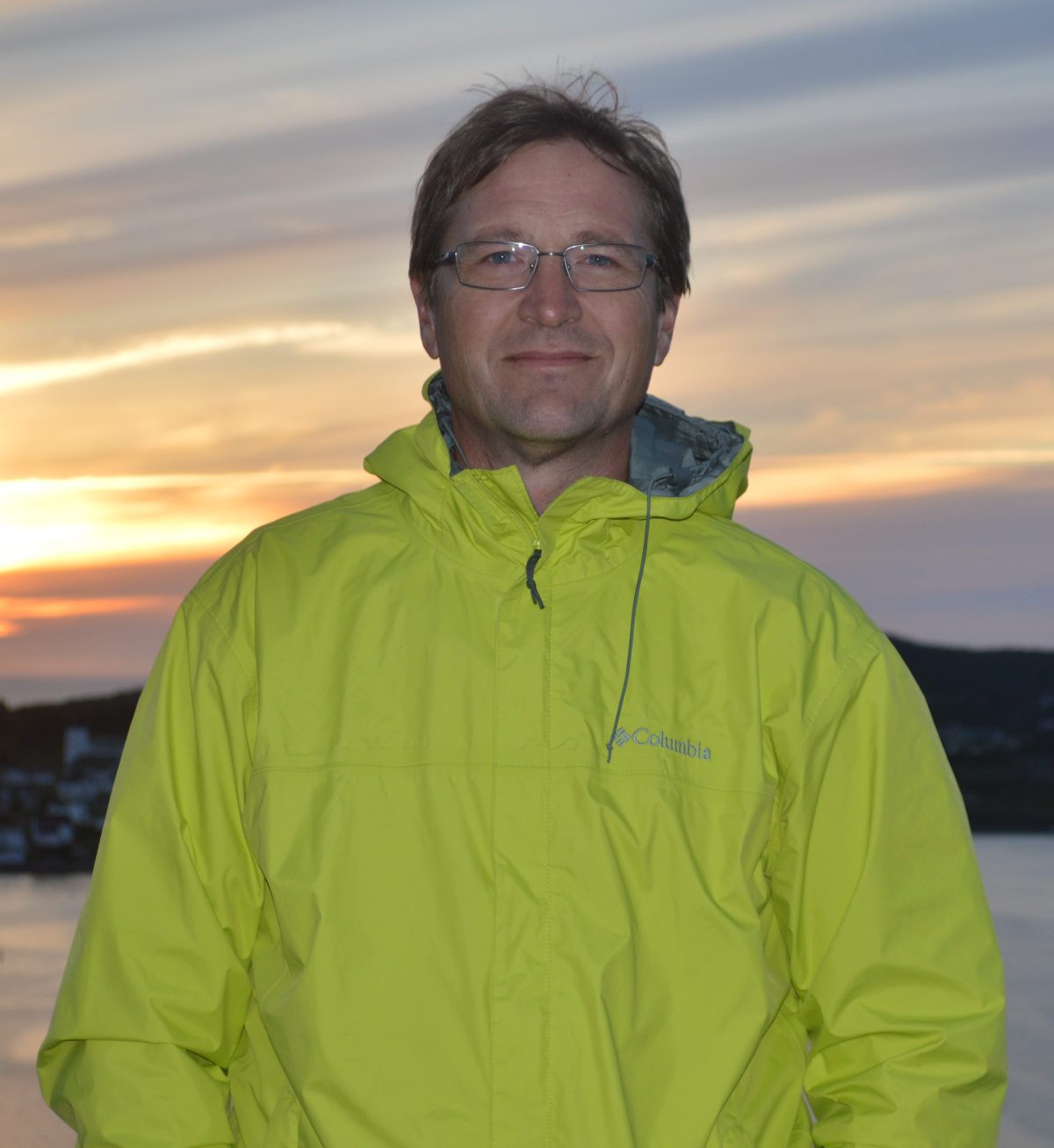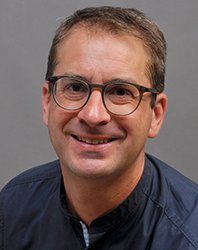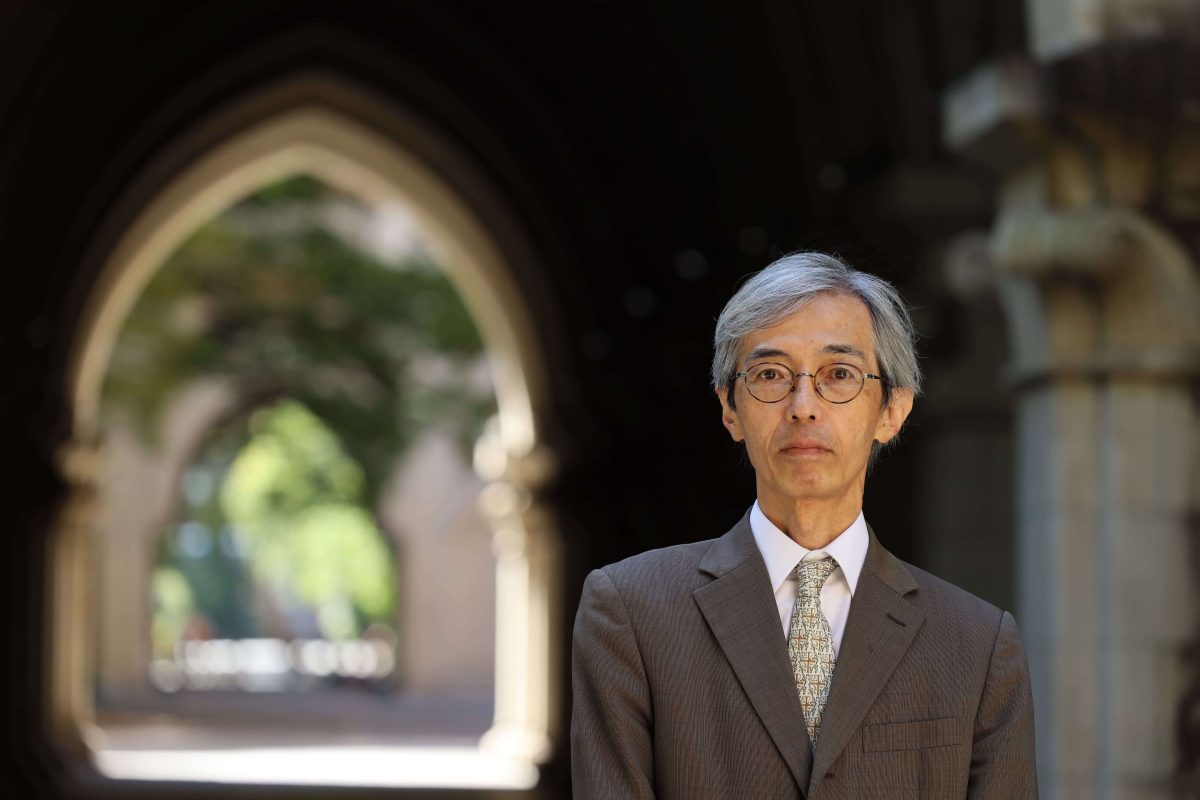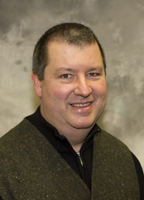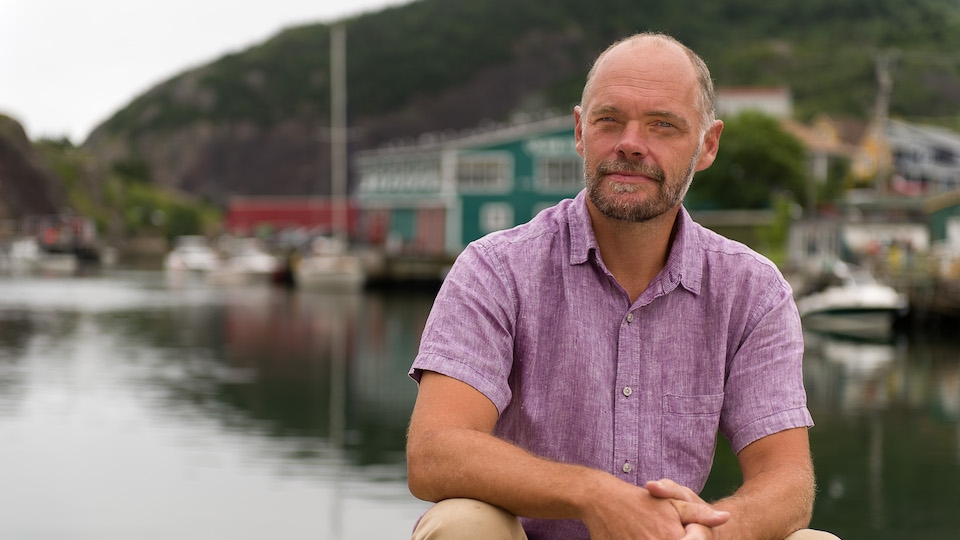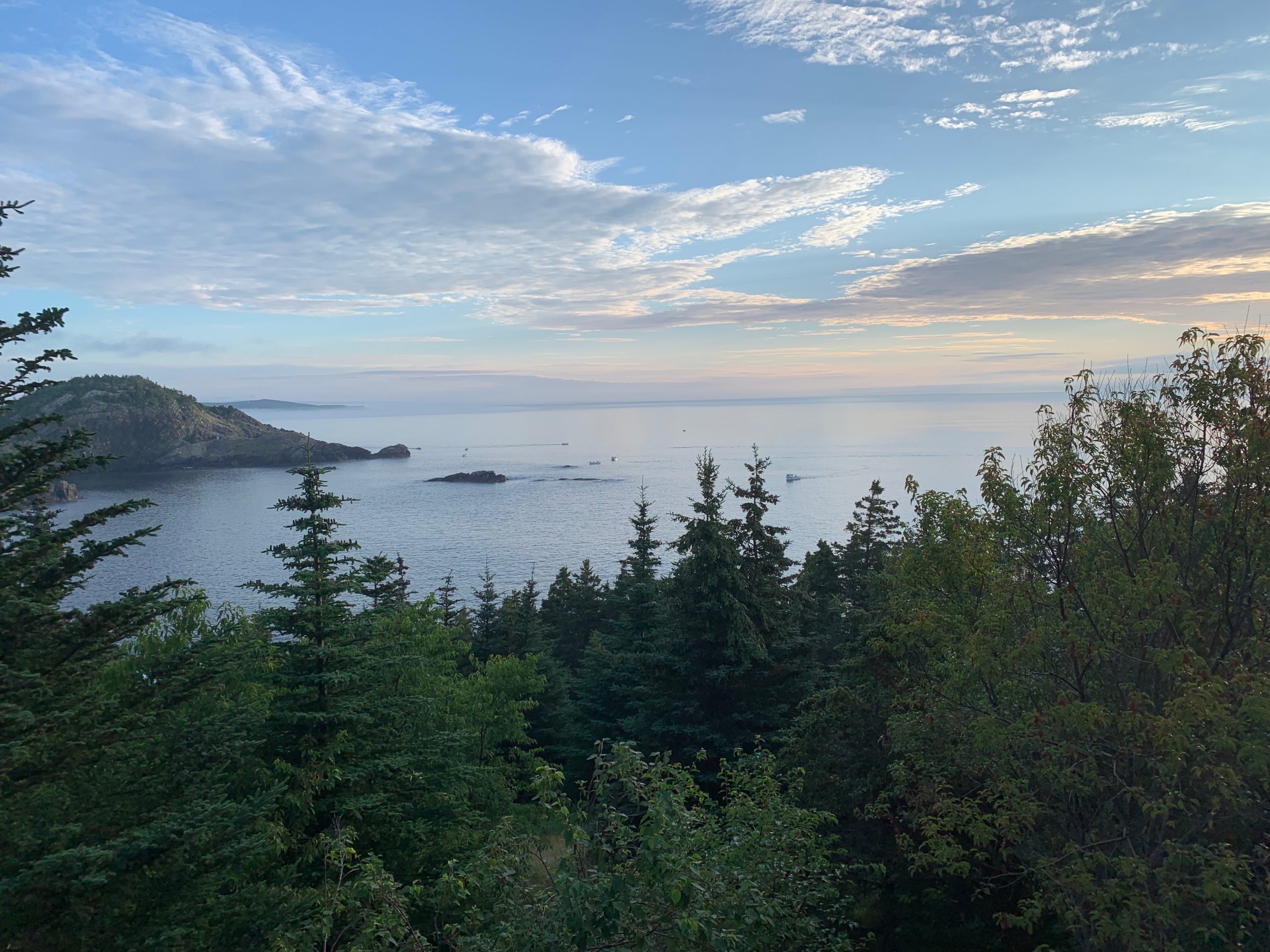The aim of this project in the history of philosophy, environmental ethics, religious studies, and aesthetics is to critically compare the European and Asian traditions of the aesthetics of nature in order to gain a better understanding of the conceptual underpinnings of our current environmental crisis. Climate change, wilderness depletion, and ecological ruin are symptomatic of transformations in human attitudes to nature. These changing attitudes to nature are not only scientific, they are also aesthetic, expressive of transformed assumptions concerning beauty, order, and the human’s place in nature. While the two aesthetic traditions to be compared in this project may initially seem opposed, with the European tradition emphasizing form and permanence and the Asian tradition emphasizing impermanence and “emptiness” (a translation of the Buddhist term, Sūnyatā), the reality is more complex. The European tradition deteriorated in the 19th century. The late Romantic subjectification and marginalization of European aesthetics coincided with the exploitation and management of nature without regard for its aesthetic or moral value. Meanwhile, in the Asian tradition, aesthetic form was never assumed to be purely objective, intelligible and enduring, but was always viewed in relation to the emptiness from which it was inseparable. Both the Western and Asian traditions of environmental aesthetics have now given way to more modern, utilitarian approaches to development and preservation. This project aims to explore the potential for comparative environmental aesthetics to offer a deeper understanding of the legacies of both the European and Asian traditions and a more sustainable global attitude towards nature.
The project is organised around three main research objectives. (O1) To what degree is environmental crisis a consequence of aesthetic marginalisation? (O2) Is aesthetic marginalisation the inevitable outcome of the traditional European aesthetics of form? (O3) What can environmental ethics learn from a critical re-appraisal of European aesthetics in the light of the Japanese aesthetics of emptiness?
Read More

